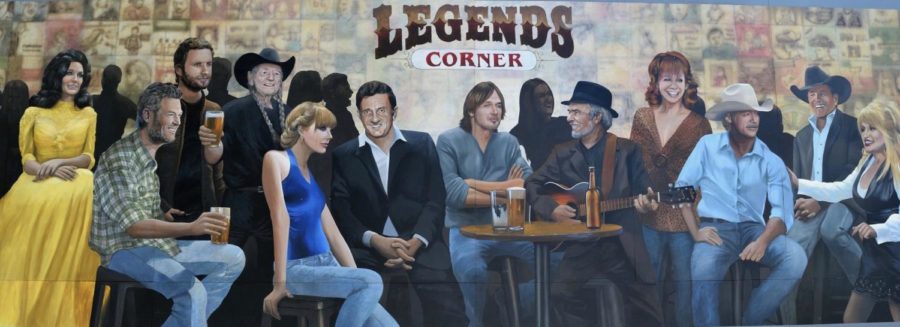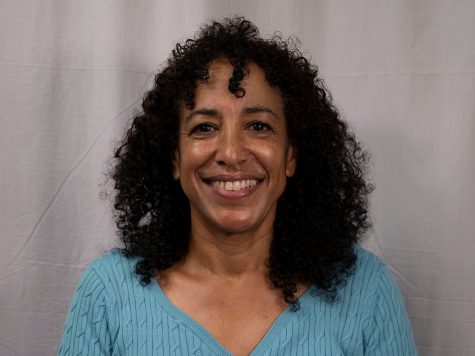So you say you don’t listen to country music? I’ve got a question for you: why not? If you don’t respond right away, is it because you’re unfamiliar with country music? Could it be that when country music is mentioned, everyone who hears it has a different definition based on age, life experience and what “country music” means to them?
Country music, in its early days, was called roots music. In the book “American Roots Music,” co-author Robert Santelli wrote, “The term had yet to be created, but the major ‘roots music’ forms ‘blues, hillbilly, country, zydeco, Cajun, Tejano, Native American and rockabilly’ were either already born or about to be.”
Today country music has split into a number of hybrids, including pop country, country rock and country blues.
Most country music songs have the characteristics of telling a story with conversational lyrics about real life.
Take for example “Crazy,” a song written by country music legend Willie Nelson.
“I’m crazy, crazy for feeling so lonely
I’m crazy, crazy for feeling so blue
I knew that you’d love me as long as you wanted
And then someday you’d leave me for somebody new.”
Country music captures people’s woes and life trials more so than pop music, which often repeats lyrics like “Oops I did it again.”
When collecting a Santa Rosa Junior College student’s opinion about country music, his response was determined by his age and types of music he listened to during his lifetime.
SRJC student Gabriel Francis Thompson, 22, enjoys country music. “It’s engaging but calming at the same time, right? So with rap music, it’s in your face all the time, like it’s an aggressive music style,” he said. He thinks a lot of people approach country music with predetermined biases and stereotypes. “There’s a lot more going on there than a lot of people give credit for.”
The first step toward enjoying the diversity of our musical inheritance is to be open to listening to all styles and hybrids without letting stereotypes and bias get in the way.
Everyone has a different definition of country music. In Nashville, Tennessee, there’s a prevailing opinion if it doesn’t come from Nashville, it’s not country music. In California, Buck Owens, Merle Haggard and Dwight Yoakam created the “Bakersfield Sound,” California’s country music response to a more production heavy Nashville sound in the mid to late 1950s.
Country music performers visit rural Sonoma County often. Alison Krauss, able to blend boundaries between roots music genres of country pop, rock and classical will perform Oct. 6 at Luther Burbank Center for the Arts.
Now that you’ve taken the first step toward hearing country music in a new way, why not try listening to:
Independence Day – Martina McBride





artguy • Oct 2, 2018 at 10:29 pm
wow, didn’t think ill ever see a country music article in this paper or at least one that doesn’t make it all out to be something that only redneck red-wing assholes listen to. god we need more people willing to listen to cash, blue mantu and any of the billies